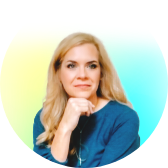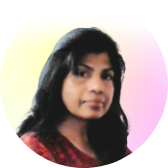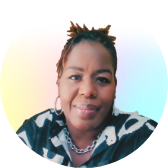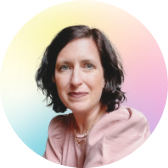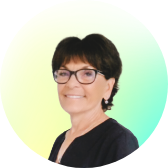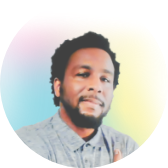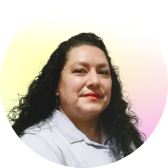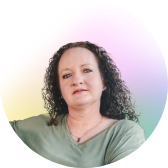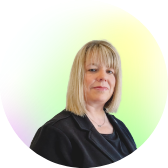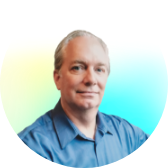What first prompted you to participate in an AFSP Community Walk?
I have a double dose of connectivity to mental health and suicide. My younger brother Atif died from suicide on August 31, 2007, and I have personally battled depression and thoughts of suicide several times since his death.
When my brother died, my main desire every day was to wake up to a different world: one in which Atif was still alive. Even though his death was felt by each of his friends and my family, the loss impacted each of us in different ways. My mother lost a son, and I lost a brother. A special community surrounded his life, and we became a community seeking to move forward after his death.
I learned about the Philadelphia Walk, and formed a small team in memory of my brother. There were so many people walking in the same direction towards the Art Museum, many of whom, like us, were wearing garments honoring their lost loved ones. It was the first time I felt I was around people who could truly relate to my own experience. I could sense purpose in the air, and I could feel the love. There was a lot of smiling, some crying. Each part was necessary.
How have the Walks continued to be a part of your life?
The healing process for me includes the Walk here in Philadelphia each October. Thanksgiving and Christmas can be difficult moments when our loved ones aren’t alive to celebrate with us. So the Walk can be very encouraging prior to that time of year.
Because of the Walk, the Art Museum and the trails surrounding the area have become a safe space for me to visit year-round. It’s a necessary step in a lifelong journey of healing.
How has your connection with AFSP grown?
Through my experience with the Walk, I have found a powerful connection with this organization. I am a spoken word artist and songwriter, and when I was putting together an arts event in memory of Atif, the Philadelphia Area Director and other board members supported me with resources, and eventually encouraged me to join the Philadelphia Chapter as a board member. In January 2021 that became a reality.
Over the last few years I’ve learned how to take better care of my own mental health through therapy, journaling, going for walks, and sharing my story with others. The healing process has been an uphill climb, but it’s been so worth it. Sharing my story while still healing, myself, is a way of bringing truth to the surface.
What does the phrase #MentalHealth4All mean to you?
Maya Angelou once said in a poem: “We are more alike, my friends, than we are unalike.” That’s so true and beautiful.
When I envision my hope for the future, stigma around mental health will be a thing of the past. Fathers and mothers will heal properly from trauma, and teach children how to take care of their mental health at very young ages.
I plan to participate in the healing of our world by being transparent, and teaching others what I’ve learned through my times of struggle and triumph. I plan to change the world by loving my family properly and teaching my own children and other people in my community how to find hope.
When my brother died, my main desire every day was to wake up to a different world: one in which Atif was still alive.
